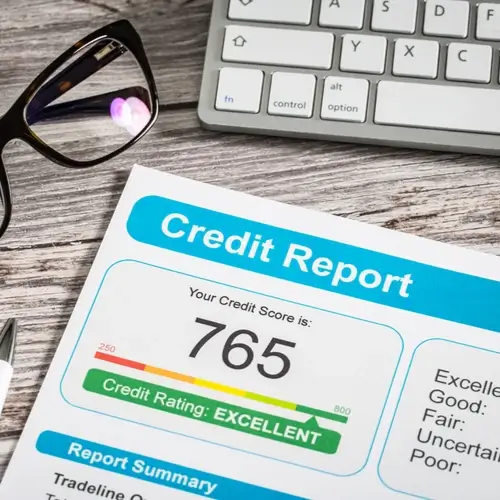

You probably already know that mortgage lenders will pull a record of your credit history when you apply for a home loan. You may also know that there are several versions of your credit score for your lender to choose from. What you probably do not know is which score lenders use most often. This helpful information could make it easier to prepare for your mortgage application.
What is a Credit Score?
A credit score is a number, generally between 300 and 850, that is calculated based on all the credit data on you that has been collected by a credit reporting agency. It is composed of five major categories, that all factor into the final number:
-
Payment History- 35%
-
How Much Debt You Owe - 30%
-
Length of Your Credit History - 15%
-
Inquiries and New Credit - 10%
-
Types of Credit in Use - 10%
This calculated score is a measure of your trustworthiness in repaying your financial obligations. Lenders use it to judge how much of a default risk you are when they lend you money.
Because your payment history statistics have the largest impact on your score, making timely payments is essential for improving your credit. Bringing down your total debt is also important; just don’t close those credit lines right before applying for a mortgage. It will make your debt-to-available credit look smaller and hurt your score.
Who are the Credit Reporting Bureaus?
There are three major credit reporting agencies or bureaus: Experian, Equifax, and TransUnion. They all receive data on your financial transactions from your credit card lenders, auto lenders, and other consumer banks. They also pull information from public records like bankruptcies. And any time you apply for new credit, the lenders report that to the credit bureaus as well.
What Scores are Used?
These lenders all use FICO scores in their reports. These are numbers generated by the data analytics company Fair Isaac Corporation. This is by far the most popular score used throughout the financial world, but some banks do prefer another option, the VantageScore as an alternative.
Your score from each agency will be slightly different. This is based on the information that gets reported to each as well as the specific scoring model each bureau embraces. And each actually has different versions of your score used for specific lending industries. In the mortgage sector, banks typically use the following calculations:
FICO® Score 2 (Experian)
FICO® Score 5 (Equifax)
FICO® Score 4 (TransUnion)
These versions still take into account all of your main credit factors, but they weigh them more based on which best predict your mindset as a mortgage-payment maker. The FICO 2, 4, and 5 models put less emphasis on revolving credit lines and credit utilization than the standard version.
Most mortgage lenders will pull all three of these scores to evaluate your creditworthiness. If they are not all the same, they will usually qualify you based on the median, not on the highest or lowest. And if two of the three scores are the same, lenders will go with that number as it shows greatest consistency.
If you are applying for a mortgage with a spouse or partner, banks will pull both of your credit scores, identify the median score for each of you and choose the lowest of those two for final qualification.
Your credit score can determine your mortgage interest rate as well as even whether you qualify for a home loan at all. Monitoring all your credit scores can help you avoid any surprises when it comes to loan applications.

